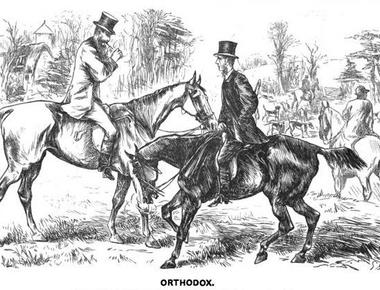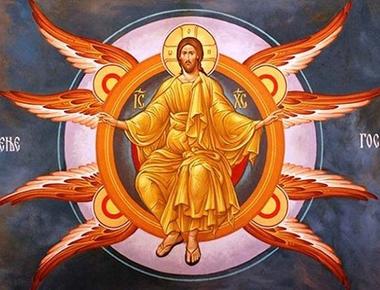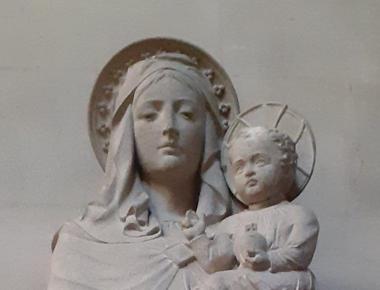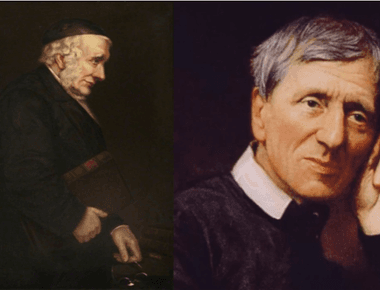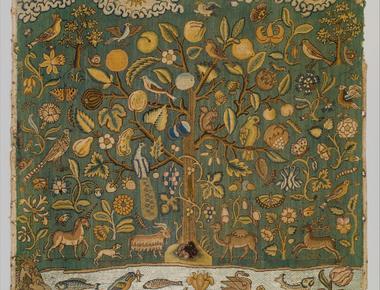
In the scholarly literature, John Locke (1632–1704) features as a formative influence on Newman’s philosophical thought. What usually gets highlighted, for example in the Essay in Aid of a Grammar of Assent, are Newman’s criticism of Locke’s notion of degreed assent and his call for a broader and more nuanced account of the rationality of religious belief. However, some have argued that the Grammar largely focuses on the psychological conditions of religious belief.



